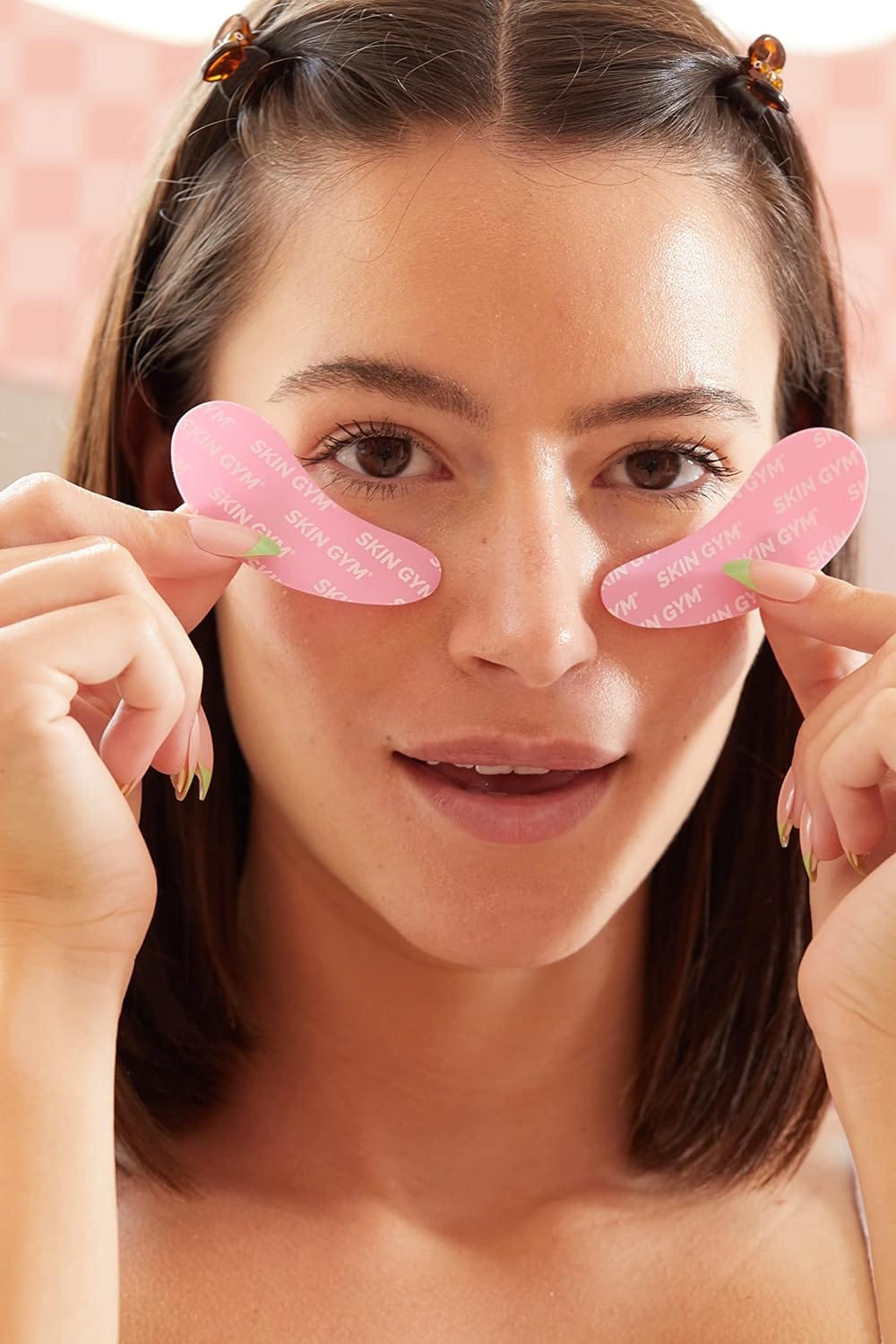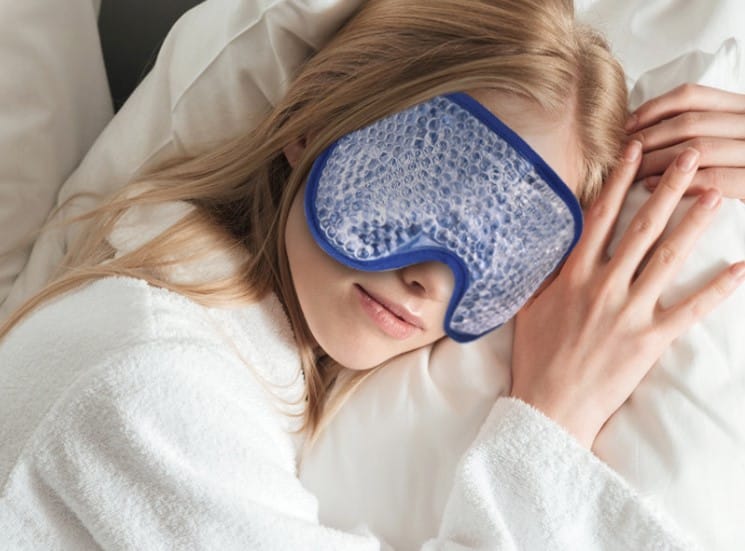Key Takeaways:
- Eye masks can cause skin irritation and allergic reactions.
- Wearing an eye mask regularly may lead to temporary blurred vision and dry eyes.
- The constant pressure from eye masks can disrupt sleep quality and overall health.
Introduction
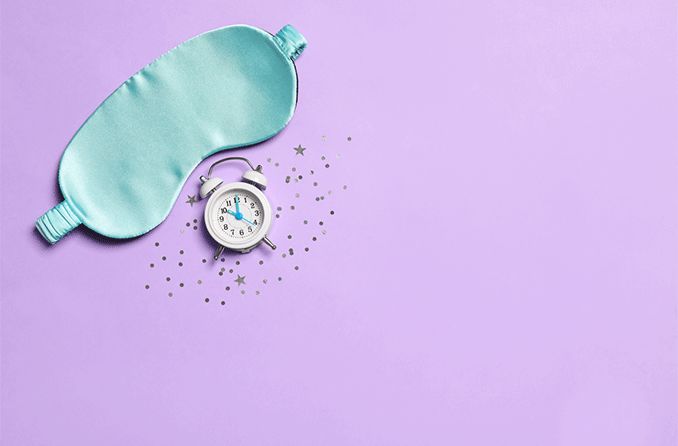
Eye masks, often hailed as a miracle solution for better sleep, have gained popularity among those seeking a good night's rest. However, while they offer benefits like blocking out light and helping you fall asleep faster, they also come with a set of disadvantages that are often overlooked. This article delves into the potential downsides of using eye masks, providing a comprehensive understanding what are the disadvantages of eye masks and their impact on sleep quality and overall health.
Skin Irritation and Allergic Reactions
One of the primary concerns with sleeping masks is skin irritation. Many brands use materials that can cause discomfort, especially for those with sensitive skin. The friction between the mask and the skin can lead to redness, itching, and even rashes. This is particularly true for cloth sleeping masks that are not washed regularly, as they can accumulate dirt and oils that exacerbate skin issues.
Allergic reactions are another significant sleep masks bad or drawback. Some eye masks contain synthetic materials or dyes that can trigger allergies. For individuals with sensitive skin, it's crucial to choose a mask made from hypoallergenic materials. However, even with the best sleep mask, there's always a risk of developing an allergic reaction, which can disrupt your sleep and overall well-being.
Temporary Blurred Vision
Wearing an eye mask regularly can lead to temporary blurred vision. This is often due to the constant pressure exerted on the eyes, which can affect the cornea. While this blurred vision is usually temporary, it can be quite alarming and inconvenient, especially if you need to wake up and perform tasks that require clear vision.
The issue of temporary blurred vision is more pronounced with weighted eye masks. These masks apply gentle pressure to help you relax, but this pressure can sometimes be too much, leading to vision problems. It's essential to ensure that your sleep eye mask fits well and doesn't press too hard on your eyes to avoid this issue.
Dry Eyes
Another common problem associated with using an eye mask is dry eyes. The mask can create a sealed environment around your eyes, reducing airflow and causing your eyes to dry out. This can be particularly problematic for individuals who already suffer from dry eyes or other eye conditions.
Dry eyes can lead to discomfort and even pain, making it difficult to get a good night's sleep. If you notice blurry vision or experience dry eyes after using an eye mask, it might be time to reconsider your choice of mask or consult an eye doctor for advice.
Pressure on Your Eyes
The constant pressure from an eye mask can be a double-edged sword. While some people find the gentle pressure soothing, others may find it uncomfortable and even harmful. Consistent pressure on your eyes can lead to discomfort and disrupt your sleep quality.
Weighted sleep masks, in particular, can exert unnecessary pressure on your eyes. While they are designed to help you relax, the added weight can sometimes be too much, leading to discomfort and even pain. It's crucial to find a mask that offers zero pressure or minimal pressure to avoid these issues.
Difficulty in Finding the Perfect Fit
With so many options available, finding the perfect fit for your eye mask can be challenging. A mask that is too tight can cause discomfort and even headaches, while a mask that is too loose may not effectively block out light, defeating the purpose of wearing an eye mask.
A fully adjustable strap can help mitigate this issue, but even then, it can be difficult to find a mask that fits just right. The quest for the perfect fit can be frustrating and time-consuming, and even then, you may not find a mask that meets all your needs.
Impact on REM Sleep
REM sleep is a crucial part of the sleep cycle, and any disruption to this phase can have significant consequences on your overall health. Some studies suggest that wearing an eye mask can interfere with REM sleep, leading to poorer sleep quality and reduced cognitive function.
The constant pressure and potential discomfort from an eye mask can make it difficult to achieve the deep, restorative sleep that REM sleep provides. If you find that your sleep quality is suffering despite using an eye mask, it might be worth reconsidering whether the mask is the right solution for you.
Impact on Skin Health
Wearing a sleeping mask regularly can have unintended consequences on your skin health. Prolonged use of a sleeping eye mask, especially one made from non-breathable materials, can trap sweat and oils against your skin. This can lead to clogged pores, acne, and other skin irritations. Opting for a cloth mask made from breathable fabrics like cotton or silk can mitigate these issues, allowing your skin to breathe while you sleep.
Additionally, the friction caused by a weighted eye mask or any tight-fitting sleep mask can contribute to the formation of wrinkles over time. The constant rubbing against the delicate skin around your eyes can accelerate the aging process, leading to fine lines and crow's feet. To protect your skin, consider using a contoured eye mask that minimizes contact with your skin, providing a protective barrier without compromising your comfort or quality of sleep.
Hygiene Concerns
When you wear a sleep mask regularly, maintaining proper hygiene becomes crucial. A dirty mask can harbor bacteria and oils, leading to skin breakouts or infections. This is particularly concerning for those with sensitive skin. Regular washing of your sleep mask is essential to prevent these issues, but frequent washing can also wear out the fabric, reducing its effectiveness and comfort.
Moreover, the materials used in some sleep masks can absorb sweat and oils from your skin, creating an environment conducive to bacterial growth. This can be especially problematic for individuals who wear their masks for extended periods. Opting for a weighted sleep mask with removable, washable covers can mitigate these hygiene concerns, ensuring a better night's sleep without compromising skin health.
Dependency Issues
Relying on sleep masks for a good night's rest can lead to dependency, making it difficult to sleep without one. This can be problematic when you find yourself in situations where you don't have access to your sleep mask, such as during travel or unexpected overnight stays. The psychological reliance on the mask can disrupt your sleep patterns, leading to a restless night.
Additionally, while sleep masks can be beneficial for blocking out light and promoting shut-eye, they can also mask underlying sleep issues. If you find that you need a sleep mask to achieve a good night's sleep consistently, it might be worth exploring other factors affecting your sleep quality. Addressing these root causes can lead to a more sustainable and healthier sleep routine, rather than relying solely on a sleep mask.
Psychological Dependence
Another often overlooked disadvantage of using a sleeping mask is the potential for psychological dependence. Relying on a sleep mask helps create a conditioned response where you may find it difficult to fall asleep without it. This can be particularly problematic for individuals who travel frequently across different time zones or engage in shift work, as they may not always have their preferred sleep mask on hand.
Moreover, the need for total darkness facilitated by a sleep mask can make waking up in natural light more challenging. This dependency can disrupt your natural sleep-wake cycle, making it harder to achieve a good night's rest without the aid of a sleep mask. To avoid this, it's beneficial to gradually reduce reliance on the mask and explore other methods to significantly improve sleep quality, such as maintaining a consistent sleep schedule and creating a conducive sleep environment.
Potential for Dependency
Using an eye mask regularly can lead to dependency. Once you get used to the complete darkness provided by the mask, it can be challenging to sleep without it. This dependency can be problematic, especially if you forget your mask while traveling or if it gets damaged.
Dependency on an eye mask can also make it difficult to adapt to different sleeping environments. For instance, if you rely on a sleep mask to block out morning light, you may struggle to sleep in a room without blackout curtains. This dependency can limit your flexibility and make it harder to get a good night's rest in different settings.
Limited Effectiveness for Some Sleep Disorders
While eye masks can help improve sleep quality for some people, they are not a one-size-fits-all solution. For individuals with certain sleep disorders, such as sleep apnea or insomnia, an eye mask may not provide the relief they need. In some cases, the mask can even exacerbate the problem.
If you have a sleep disorder, it's essential to consult a healthcare professional for a tailored solution. Relying solely on an eye mask may not address the root cause of your sleep issues and could lead to further complications.
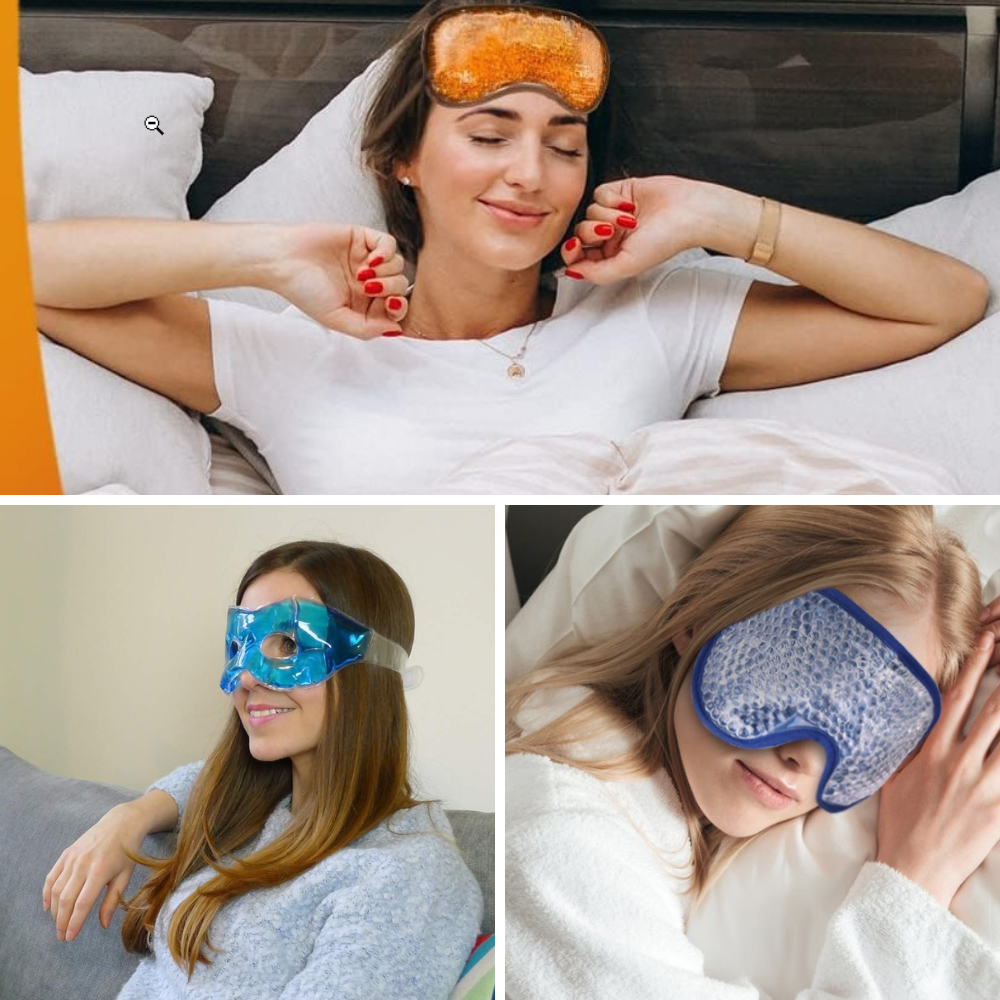
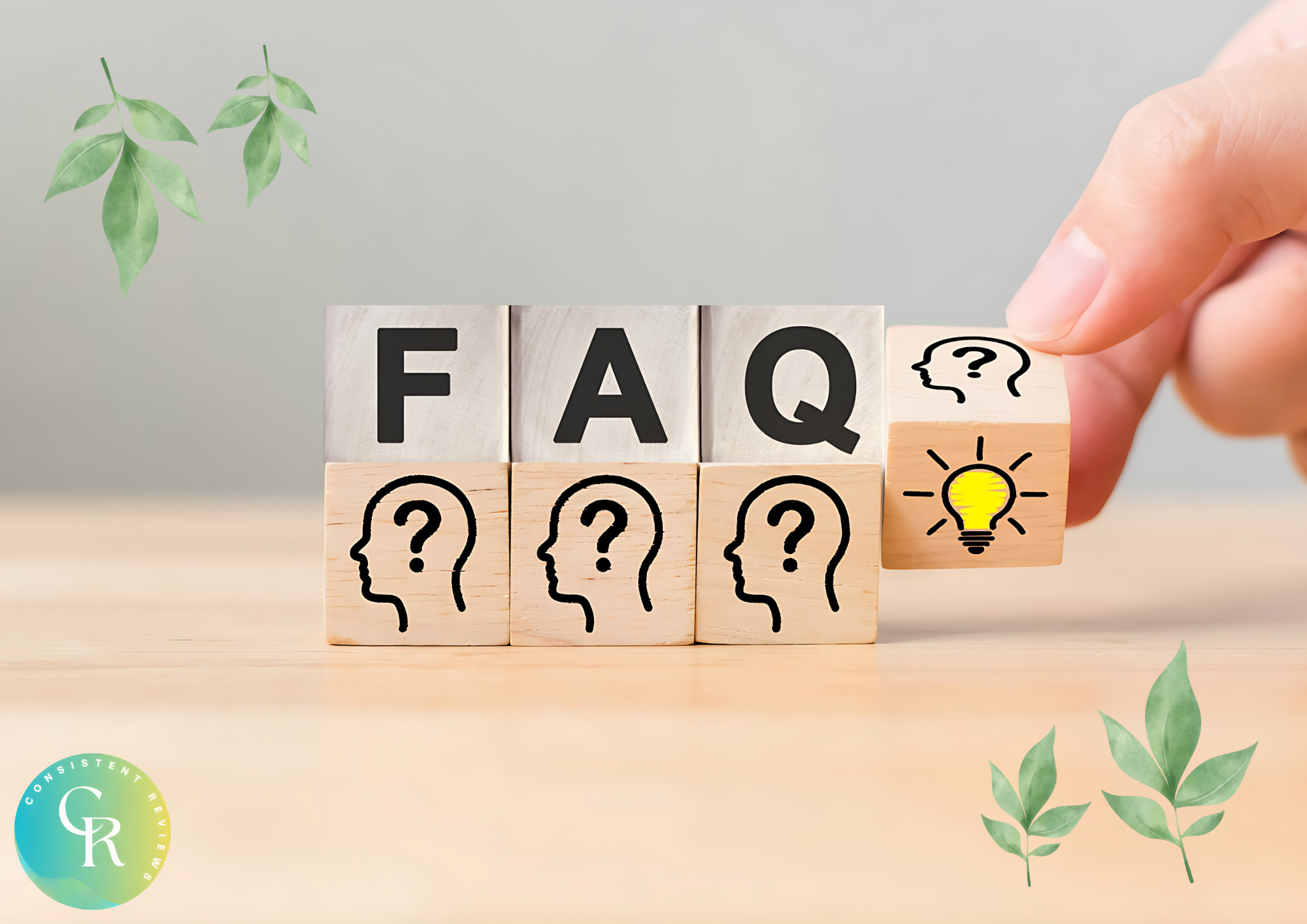
Can eye masks cause permanent vision problems?
No, eye masks typically do not cause permanent vision problems. However, wearing an eye mask regularly can lead to temporary blurred vision due to the constant pressure on your eyes. If you experience persistent vision issues, consult an eye doctor.
How often should I wash my eye mask?
It is advisable to wash your eye mask regularly to maintain good hygiene. Depending on the material, you may need to wash it every few days or once a week. Always follow the manufacturer's care instructions to ensure the longevity of your mask.
Are there any alternatives to eye masks for improving sleep quality?
Yes, there are several alternatives to eye masks for improving sleep quality. Blackout curtains can effectively block out light, and white noise machines can help drown out background noise. Both options can create a more conducive sleep environment without the need for an eye mask.
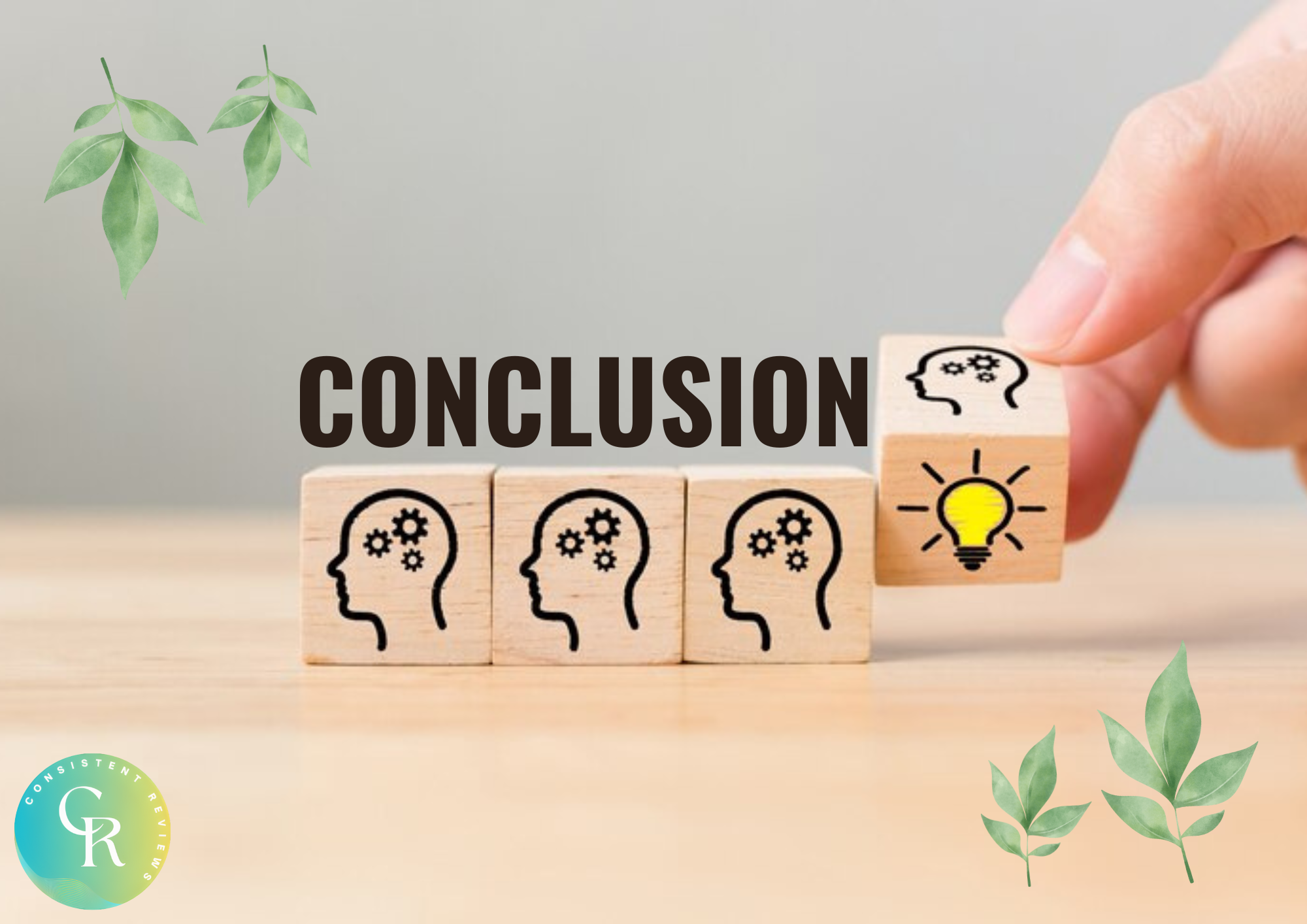
While eye masks can offer benefits like blocking out light and helping you fall asleep faster, they also come with a set of disadvantages that can impact your sleep quality and overall health. From skin irritation and temporary blurred vision to dependency and hygiene concerns, weighing the pros and cons before incorporating an eye mask into your sleep routine is essential. If you experience any adverse effects, consult a healthcare professional for advice and consider alternative solutions to improve your sleep quality.
